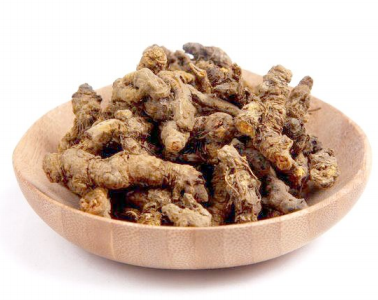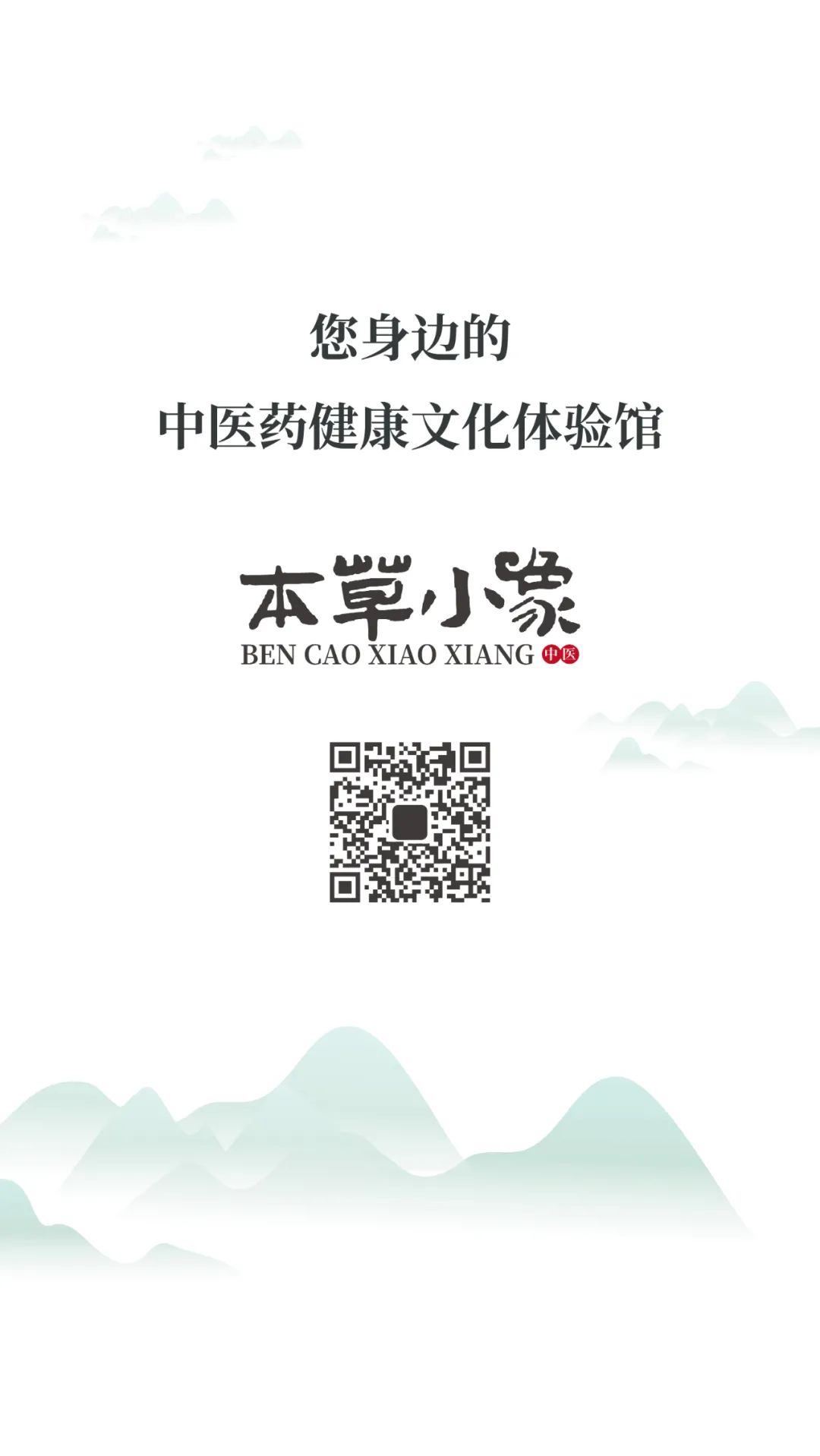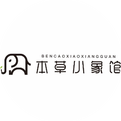Huang Lian (Coptis)
Huang Lian, also known as Wang Lian or Zhi Lian, is the dried rhizome of the plants Coptis chinensis, Coptis teeta, or Coptis deltoidea, belonging to the Ranunculaceae family. It is a commonly used Chinese herbal medicine for clearing heat and detoxifying, first recorded in the Shen Nong Ben Cao Jing (Shen Nong’s Classic of Materia Medica) and classified as a superior herb. The Ming Yi Bie Lu states: “Huang Lian grows in Wuxi (present-day Wushan County, Chongqing), Chuan Valley, and Shu County (present-day Ya’an, Sichuan). It is harvested in February and August.” This indicates that Sichuan has been a primary production area since ancient times.
Huang Lian has several varieties, including Wei Lian, also known as Ji Zhua Huang Lian or Guang Lian, produced in Sichuan; Ya Lian, also known as Emei Lian or Ci Gai Lian, produced in Emei, Sichuan; and the wild variety known as Ye Huang Lian. The variety produced in Yunnan is called Yun Lian. Additionally, the roots of the plant known as Duan Huang Lian are commonly referred to as “Tu Huang Lian” or “Tu Chuan Lian”; the residual fibrous roots after processing (Huang Lian Xu), the leaf stalk bases (Jian Kou Lian), the entire leaf stalks (Qian Zi Lian), and Huang Lian leaves and residues are also used in some regions as substitutes for Huang Lian.
Huang Lian is cold in nature, bitter in taste, and non-toxic, entering the Heart, Spleen, Stomach, Liver, Gallbladder, and Large Intestine meridians. It contains various alkaloids, primarily berberine (also known as Huang Lian Su), which constitutes about 7% to 9%, followed by coptisine, methylcoptisine, palmatine, jatrorrhizine, and other trace elements. It has the effects of clearing heat, drying dampness, draining fire, and detoxifying, and is used to treat conditions such as damp-heat obstruction, vomiting with sour regurgitation, dysentery, jaundice, high fever with delirium, excessive heart fire, irritability and insomnia, blood heat leading to vomiting and nosebleeds, red eyes, toothache, diabetes, and carbuncles. Externally, it is used to treat eczema, damp sores, and purulent ear discharge. The Ben Cao Zheng Yi states: “Huang Lian is extremely bitter and cold, it dries dampness and overcomes heat, capable of draining all excess damp-heat, treating heat in the Heart, Spleen, Liver, Kidney, Gallbladder, Stomach, and Large Intestine. It clears eye diseases caused by wind-heat above, calms the Liver and Stomach to alleviate vomiting in the middle, and relieves abdominal pain below, all of which are effects of drying dampness and clearing heat. Its bitterness first enters the Heart, purging blood heat, thus treating blood-related diseases such as vomiting blood, hematuria, dysuria, and hemorrhoids, as well as carbuncles and rashes, all of which rely on this herb.”
Modern pharmacological studies have shown that Huang Lian possesses antimicrobial and anti-parasitic properties, exhibiting strong inhibitory effects against Staphylococcus aureus, hemolytic streptococcus, pneumococcus, meningococcus, dysentery bacillus, and anthrax bacillus. It can inhibit influenza virus and hepatitis B virus, demonstrating antiviral effects; it also inhibits amoebic parasites, black fever pathogens, and Trichomonas vaginalis, showing anti-parasitic effects.
Research has also confirmed that Huang Lian has anti-arrhythmic effects, lowers blood pressure, inhibits the production of free radicals, reduces lipid peroxidation damage to myocardial cells, decreases myocardial oxygen consumption, inhibits platelet aggregation, detoxifies, has anti-inflammatory and antipyretic effects. The berberine it contains also has certain sympathomimetic effects; in addition to relaxing vascular smooth muscle, it stimulates smooth muscles in the uterus, bladder, bronchi, and gastrointestinal tract; it can increase bile production, making bile thinner, thus promoting bile flow, and is effective in treating chronic cholecystitis. Reports indicate that berberine in Huang Lian can inhibit the nucleic acid synthesis of cancer cells and the utilization of intermediates in purine nucleotide synthesis, exhibiting anti-cancer properties.
Huang Lian has different uses depending on the preparation method. To drain heart fire, it is used raw; for fire above, it is stir-fried with wine for treating red eyes and oral ulcers; for fire in the middle, it is stir-fried with ginger juice to clear the stomach and stop vomiting, used for cold-heat counterflow, damp-heat obstruction, and fullness with vomiting; for hidden fire, it is stir-fried with salt water; for pain in the Qi level, it is stir-fried with Wu Zhu Yu to soothe the Liver and Stomach and stop vomiting, used for Liver-Stomach disharmony and sour regurgitation; for food accumulation causing fire, it is stir-fried with yellow earth; for stopping diarrhea, it is stir-fried with wall earth; for Liver-Gallbladder fire, it is stir-fried with vinegar or bile; for heat accumulation below, it is stir-fried with purgative salt; for blood-level hidden fire, it is stir-fried with dry lacquer, etc.
In syndrome differentiation and treatment, Huang Lian is often combined with multiple herbs to achieve synergistic effects. For treating damp-heat accumulation and blood heat disorders, it is combined with Huang Qin (Scutellaria baicalensis) and Da Huang (Rhubarb); for damp-heat lingering in the stomach and intestines, it is often combined with Ban Xia (Pinellia ternata) and Zhu Ru (Bamboo shavings); for dysentery and heat stagnation, it is combined with Mu Xiang (Aucklandia) and Huang Qin; for febrile diseases with high fever and excessive heart fire, it is combined with Zhi Zi (Gardenia) and Lian Qiao (Forsythia); for heat-toxicity and sores, it can be combined with Chi Shao (Paeonia) and Dan Pi (Moutan); for stomach fire excess, it is combined with Tian Hua Fen (Trichosanthes) and Zhi Mu (Anemarrhena) and Sheng Di (Rehmannia). Huang Lian is a very bitter and cold herb, excessive or prolonged use can harm the Spleen and Stomach, and it should be avoided by those with Spleen and Stomach deficiency; its bitterness and dryness can injure fluids, so caution is advised for those with Yin deficiency and fluid injury.
Huang Lian is commonly used in decoctions for internal use, with a typical dosage of 2 to 5 grams; it can also be used externally as a powder applied to affected areas.

 Commonly Used Formulas
Commonly Used Formulas
1. For treating San Jiao (Triple Burner) heat accumulation: Huang Lian, Huang Qin, and Da Huang (stewed) each 250 grams, ground into a fine powder, mixed with honey to form pills the size of a phoenix seed, take 30 pills with warm water.
2. For treating febrile disease with heat in the chest and abdominal pain with a desire to vomit: Huang Lian, roasted Gan Cao (Licorice), dried ginger, and Gui Zhi (Cinnamon twig) each 6 grams, Ren Shen (Ginseng) 3 grams, Ban Xia 15 grams, and three dates (split), decoct in water, divide into morning and evening doses.
3. For treating dysentery: Huang Lian and Qing Mu Xiang (Saussurea) in equal parts, ground into a fine powder, mixed with white honey to form pills the size of a phoenix seed, take 30 pills on an empty stomach with warm water.
4. For treating infantile gastric heat causing vomiting of milk: Huang Lian and Qing Ban Xia each 6 grams, ground into a fine powder, divided into 100 portions, take three times a day, each time 1 fen (0.1 grams), mixed with warm water or milk.
5. For treating mouth sores and gum ulcers: Huang Lian (stir-fried) 4.5 grams, Sheng Di (Rehmannia), Dan Pi (Moutan), and Dang Gui (Angelica) each 3 grams, and Sheng Ma (Cimicifuga) 6 grams, decoct in water. For constipation due to excess heat, add 3 grams of Da Huang.


Source: China Traditional Chinese Medicine News

